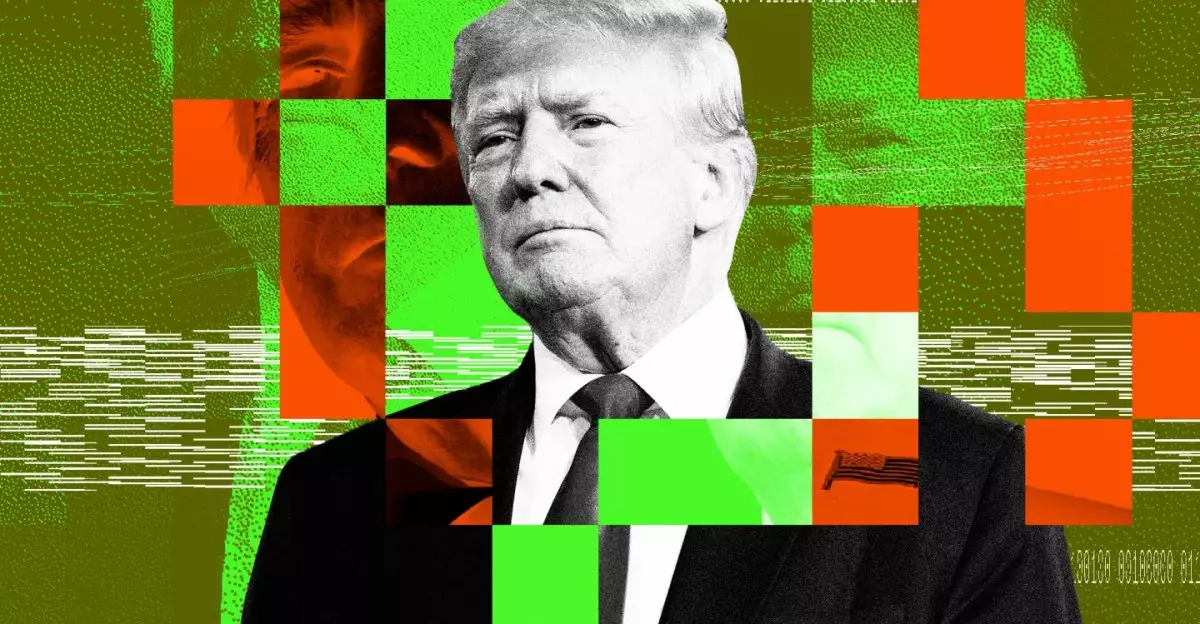For many international students, the dream of studying in the United States represents a beacon of hope and opportunity. However, recent developments regarding student visa interviews have transformed this dream into a turbulent reality, leaving countless hopeful scholars suspended in uncertainty. The suspension of student visa interviews by the State Department, ostensibly part of a broader strategy under the Trump administration, raises profound questions about the treatment of foreign students and the future of international education in the U.S.
Legal Challenges and Ethical Quandaries
A group of fifteen Iranian students and researchers has taken a brave and bold step by suing the Trump administration, pointing to a significant legal and ethical violation. Their lawsuit claims that the suspension of visa interviews contradicts the Administrative Procedures Act, which is designed to ensure transparent and fair governance. This legal battle not only highlights their plight but also calls into question the broader implications of national security measures that target specific demographics under the pretext of safety. If national security vetting becomes an excuse to silence diverse voices and restrict educational access, it could have repercussions beyond the courtroom, stifling innovation and cultural exchange.
Discriminatory Practices in Here and Now
The situation is particularly troubling when we examine how certain groups are inherently disadvantaged. With specific emphasis on applicants from majority-Muslim countries, social media scrutiny has long been a tool for the government to vet candidates. Since May 2019, visa applicants have been required to disclose their social media accounts, a practice that raises serious ethical questions about privacy and freedom of expression. Some argue that this measure serves as a mechanism to filter out students whose political viewpoints do not align with prevailing sentiments, effectively weaponizing the visa process.
Universities Caught in the Crossfire
Prestigious institutions like Yale and Ohio State, which draw some of the brightest minds from around the globe, find themselves entangled in a politically charged atmosphere. The students involved in the lawsuit have secured admission to competitive graduate programs but are now mired in an administrative limbo, waiting indefinitely for approvals that could make or break their academic journeys. This reality places universities at a precarious crossroads, as they strive to promote diversity and inclusion but face an ever-changing legal landscape that complicates their mission.
Implications for International Relations
The ramifications extend beyond the realm of education. The U.S. administration’s approach to international students can tarnish the country’s image as a global leader in education. The recent moves to revoke visas based on nationality or perceived political affiliations—especially concerning students from China and those participating in protests related to global issues—signal a shift towards xenophobia that could alienate future generations of scholars. Such policies stand to undermine decades of progress in fostering international collaboration and comprehension, sowing seeds of distrust that could hinder diplomatic relations for years to come.
In this context, neglected educational dreams reflect a broader social crisis. As nations navigate their complex relationships through education, it’s essential to reflect on the far-reaching consequences these policies hold for cultural exchange, academic integrity, and our collective future. The landscape of international education is evolving, but at what cost?

